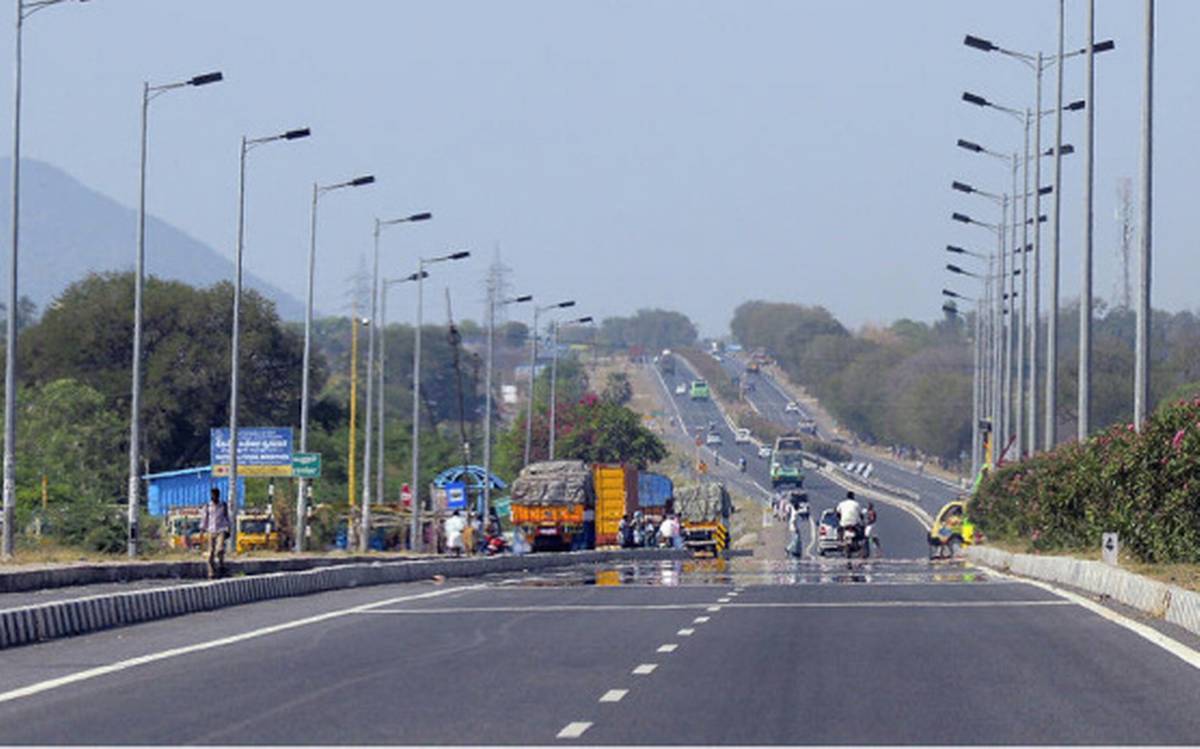Rethinking Plastic Use: This African Company Is Using Recycled Plastics To Repave Roads

Last year, the World Wide Fund for Nature (WWF) released some statistics showing that South Africans averagely use between 30kg to 50kg of plastic per person every year.
WWF also indicated that over 80 percent of marine pollution originates from land. Reports also indicate that the Southern African country recycles only 16 percent of plastics produced, the rest ends up in landfills and eventually in rivers and other water sources destroying marine life.
South Africa in 2010 was ranked 11th on the list of the worst offenders regarding plastic pollution in the ocean.
Recycling of plastics has proven not to enough in regards to getting rid of plastic pollution. Today more than ever many companies are devising new ways to make plastic waste useful in attempts to counter plastic pollution.
A South African company is using plastic milk bottles to make roads. Shisalanga Construction, a South African company in September recently launched a pilot project to build a road using recycled plastic waste.
The company has now repaved over 400 metres in Cliffdale area in Durban. It used asphalt made with the equivalent of almost 40,000 recycled two-liter plastic milk bottles.
Normally, after collecting the plastics, the second step is sorting them, then cleaning. The company uses thick plastic typically used for milk bottles which they convert to small pellets using a recycling plant, they are then heated to 190 degrees Celsius before they are mixed with additives.
Apparently, prefabricated plastic roads are 60 percent stronger and up to three times longer than conventional roads. The cost of constructing them is also way lower.
KZN Department of Transport, which ordered the plastic repaving is happy with the results and has now commissioned a highway on-ramp in addition to the first road. Kit Ducasse, a control technician from the department said, “Time will tell, but what I’ve seen is great news.”
The company is looking to apply the same technology in the N3 highway and has submitted an application requesting to do so to South Africa National Roads Agency. In case approval is given, the technology could be rolled out across the nation.
South Africa is the latest and the first entrant in Africa to join the list of countries constructing roads with plastics. The idea of the plastic road was first raised in 2016 but it was given an approval beginning of 2019.
Featured Image Courtesy: Business line